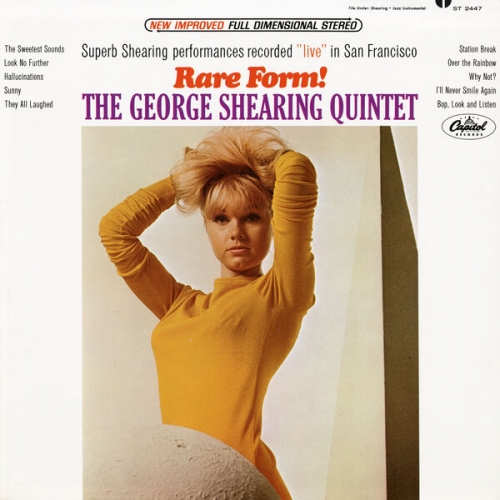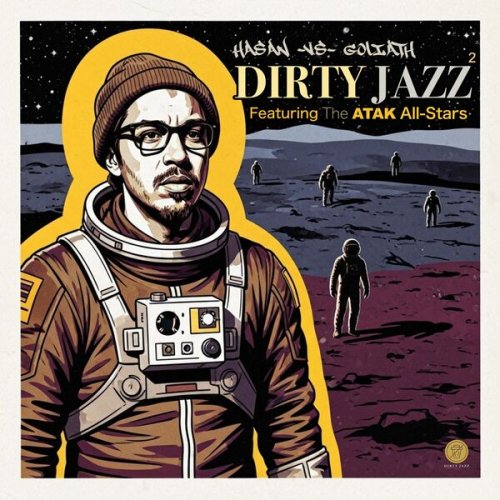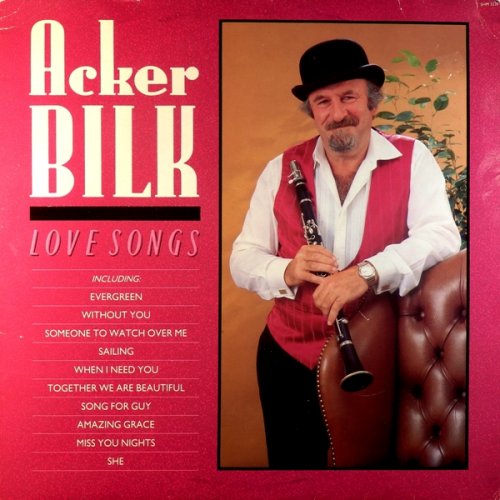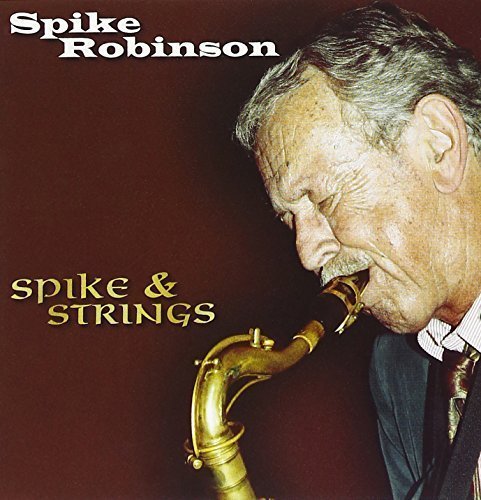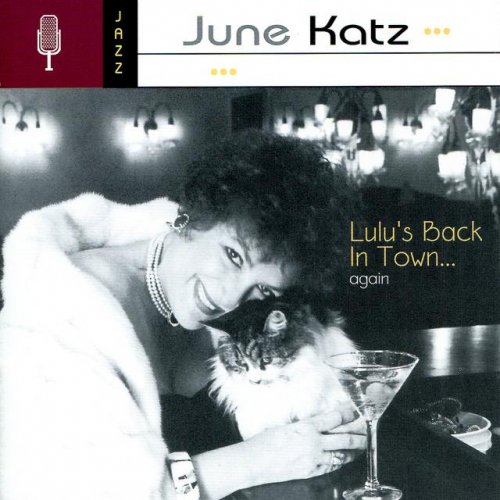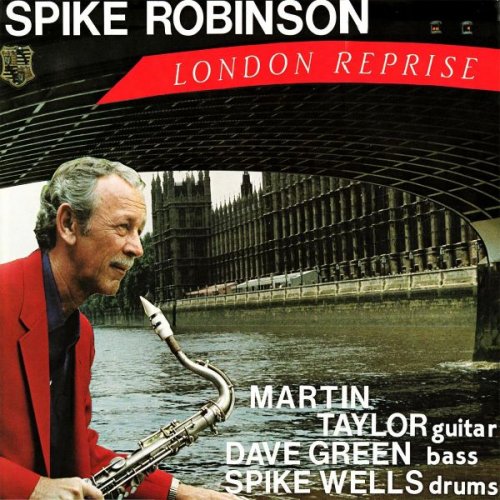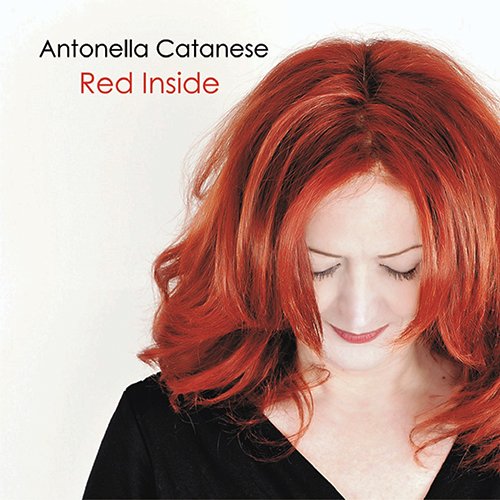Jay Rattman - In the Towns (2023)
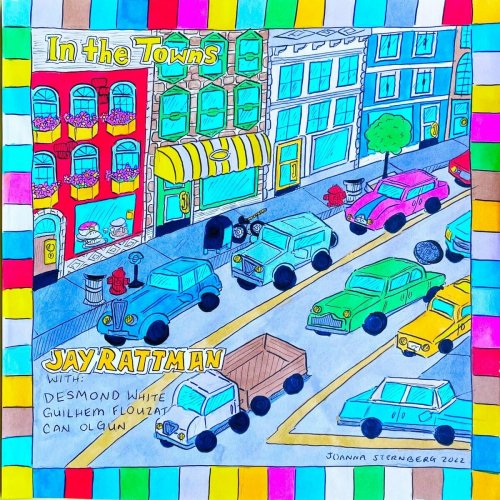
Artist: Jay Rattman
Title: In the Towns
Year Of Release: 2023
Label: Tone Rogue Records
Genre: Jazz
Quality: FLAC (tracks)
Total Time: 60:49 min
Total Size: 366 MB
WebSite: Album Preview
Tracklist:Title: In the Towns
Year Of Release: 2023
Label: Tone Rogue Records
Genre: Jazz
Quality: FLAC (tracks)
Total Time: 60:49 min
Total Size: 366 MB
WebSite: Album Preview
01. In the Towns, On the Edges of the Towns
02. No Pancake so Thin
03. Late for Supper
04. Lonesome Shorty
05. (The Title of This Song May Be Long but It Is Still Not as Long As) the Arc of the Moral Universe
06. Water Gap Tune
07. Anachronistic Stomp
08. The Ballad of Juan Manuel
09. Small Town Rodeo Clown
10. The Song Is Ended (But the Melody Lingers On)
In the Towns takes its inspiration from the rhythm and imagery of a chapter in John Steinbeck’s “Grapes of Wrath” describing the slick offers that used car salesmen made to exploit the desperate families fleeing the dustbowl.
As an endlessly complicated old man I once knew used to say, “There’s No Pancake So Thin that it doesn’t have two sides.” This applies as much to him as to when one hears a seemingly one-sided story or argument. To explore this idea, I wrote this tune in two seemingly unrelated parts, both derived from the same 12-tone row, disguised in each case as perfectly tonal music: there may be an objective truth, but the different stories we are told — and tell ourselves — are often barely recognizable as such.
I sometimes write a tune and have no idea what to call it. I figure I can call it whatever I please… the tune cannot even tell me not to call it Late for Supper.
One of my favorite short stories from Garrison Keillor’s “Book of Guys” describes Lonesome Shorty, a poor, confused cowboy who alternates between life on the trail longing for domesticity, and domesticity longing for life on the trail.
In the early days of the Black Lives Matter movement, I was reminded of Dr. Martin Luther King Jr.’s observation about the nature of progress towards a just world. But as the militarized police department in Ferguson attacked the mostly peaceful protestors, and policemen in other cities killed more unarmed African Americans without facing justice as the months went by, I couldn’t help but think that (The title of this song may be long, but it’s still not as long as) The Arc of the Moral Universe.
I was lucky to grow up in an area of Northeastern Pennsylvania with a thriving jazz scene built around an amazing little club called the Deer Head Inn in the village of Delaware Water Gap. I often heard Phil Woods, Dave Liebman, Bob Dorough, and Urbie Green there as a kid. Like so many other local scenes, it has a recognizable sound of its own, epitomized for me by the pianists John Coates Jr. and his disciple Eric Doney. I wrote Water Gap Tune for them.
There is a scene in New York of people whose hobby is dressing up and pretending they live in the 1920s. Harmless enough, and it creates gainful employment for many musicians, myself included. I love Jelly Roll Morton, so I wrote Anachronistic Stomp imagining what kind of harmonic progressions he might play if he lived today. This tune is a canon, with the second entrance delayed by one beat — slightly out of sync but existing harmoniously, like the time machine folks.
At my old apartment, we used to get mail for a previous occupant, Juan Manuel. At one point, we started receiving empty cardboard boxes addressed to him from a satellite dish company requesting the return of his rented device on a nearly weekly basis. I figured this poor guy must be in a tough spot — a fugitive from the dish lords. So I wrote The Ballad of Juan Manuel for him, wherever and whoever he is.
I’ve never met a Small Town Rodeo Clown, and I wonder if there’s any other kind. I just like the sound of it.
Though my tunes do not have lyrics, I am indebted as a composer to Irving Berlin and the masters who followed him in building the Great American Songbook. My hope at the end of this album, to quote the Songwriter as the Gershwins did before me, is that The Song Is Ended but the Melody Lingers On.
As an endlessly complicated old man I once knew used to say, “There’s No Pancake So Thin that it doesn’t have two sides.” This applies as much to him as to when one hears a seemingly one-sided story or argument. To explore this idea, I wrote this tune in two seemingly unrelated parts, both derived from the same 12-tone row, disguised in each case as perfectly tonal music: there may be an objective truth, but the different stories we are told — and tell ourselves — are often barely recognizable as such.
I sometimes write a tune and have no idea what to call it. I figure I can call it whatever I please… the tune cannot even tell me not to call it Late for Supper.
One of my favorite short stories from Garrison Keillor’s “Book of Guys” describes Lonesome Shorty, a poor, confused cowboy who alternates between life on the trail longing for domesticity, and domesticity longing for life on the trail.
In the early days of the Black Lives Matter movement, I was reminded of Dr. Martin Luther King Jr.’s observation about the nature of progress towards a just world. But as the militarized police department in Ferguson attacked the mostly peaceful protestors, and policemen in other cities killed more unarmed African Americans without facing justice as the months went by, I couldn’t help but think that (The title of this song may be long, but it’s still not as long as) The Arc of the Moral Universe.
I was lucky to grow up in an area of Northeastern Pennsylvania with a thriving jazz scene built around an amazing little club called the Deer Head Inn in the village of Delaware Water Gap. I often heard Phil Woods, Dave Liebman, Bob Dorough, and Urbie Green there as a kid. Like so many other local scenes, it has a recognizable sound of its own, epitomized for me by the pianists John Coates Jr. and his disciple Eric Doney. I wrote Water Gap Tune for them.
There is a scene in New York of people whose hobby is dressing up and pretending they live in the 1920s. Harmless enough, and it creates gainful employment for many musicians, myself included. I love Jelly Roll Morton, so I wrote Anachronistic Stomp imagining what kind of harmonic progressions he might play if he lived today. This tune is a canon, with the second entrance delayed by one beat — slightly out of sync but existing harmoniously, like the time machine folks.
At my old apartment, we used to get mail for a previous occupant, Juan Manuel. At one point, we started receiving empty cardboard boxes addressed to him from a satellite dish company requesting the return of his rented device on a nearly weekly basis. I figured this poor guy must be in a tough spot — a fugitive from the dish lords. So I wrote The Ballad of Juan Manuel for him, wherever and whoever he is.
I’ve never met a Small Town Rodeo Clown, and I wonder if there’s any other kind. I just like the sound of it.
Though my tunes do not have lyrics, I am indebted as a composer to Irving Berlin and the masters who followed him in building the Great American Songbook. My hope at the end of this album, to quote the Songwriter as the Gershwins did before me, is that The Song Is Ended but the Melody Lingers On.
![Larry Coryell - Major Jazz Minor Blues (1998) [CDRip] Larry Coryell - Major Jazz Minor Blues (1998) [CDRip]](https://www.dibpic.com/uploads/posts/2026-02/1771860317_5.jpg)
